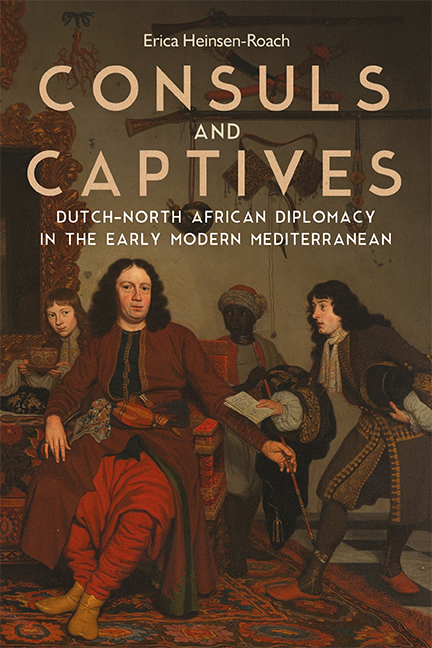8 - The Cannon as Gift: Institutionalizing the Problem
Published online by Cambridge University Press: 21 March 2020
Summary
On the rue des Pasteurs, up the hill in Tangier, Morocco, four cannons face north, toward the Rock of Gibraltar. Cast on top are the names of the cannons’ origin: Amsterdam, Barcelona, and France. They are tangible reminders of the unique ways in which diplomacy evolved in the eighteenth-century western Mediterranean. The cannons, together with luxurious items as brocade, diamonds, and clockworks, were some of the diplomatic gifts European delegates commonly bestowed on Maghribi rulers. Officials in North Africa reciprocated with Barbary horses, foods, swords, and other precious objects. Giving and receiving constituted a form of civility that marked respect and honor from the giver to the receiver. At the end of the seventeenth century, however, the question of gift giving became urgent when a decline of Dutch naval power turned the gift of naval and military supplies, like the cannons on display in Tangier, into tribute. In 1679, Algerian rulers demanded war supplies in exchange for a treaty. With their navy weakened, the Dutch consented. Tunis and Tripoli soon followed with similar demands. To pay for what became known in the Dutch Republic as het grote geschenk (the great gift), the Dutch established the Fund of the Turkish passes in 1726 and institutionalized tributary relations with the Maghrib. This new mode of gift giving transformed the giving of arms from a voluntary gesture into a form of coercion.
The payment of war supplies in return for protection raises the question of reciprocity in diplomacy. In European diplomatic theory, the gift should only be given as part of a normative diplomatic routine among and in acknowledgment of sovereign nations: negotiations should take place on an equal footing. The new meaning of the gift of arms implies, however, that the Dutch submitted themselves once more to the norms of Maghribi society. The tributary relations in the western Mediterranean arguably seem to be a case of cultural incommensurability: the European and Maghribi cultures were so different that they were doomed to clash from the moment of encounter.
This scenario was not uncommon. In the Far East, Dutch and other European embassies also encountered what they perceived as a tributary system, that is, a complex set of ceremonial and institutional practices that regulated interregional and intercontinental foreign trade.
- Type
- Chapter
- Information
- Consuls and CaptivesDutch-North African Diplomacy in the Early Modern Mediterranean, pp. 159 - 178Publisher: Boydell & BrewerPrint publication year: 2019



